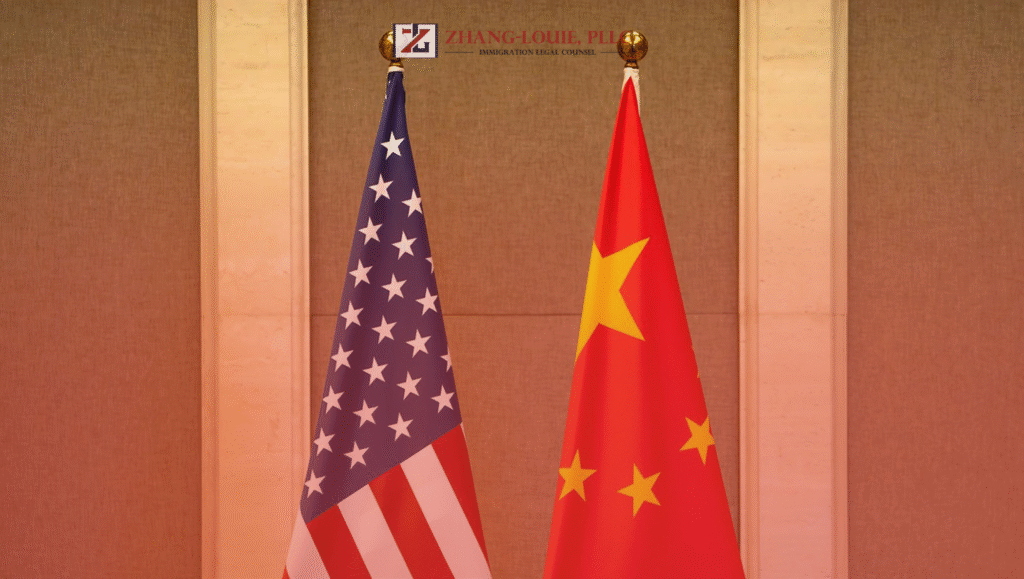
In late May 2025, the U.S. Department of State (DOS) announced a significant shift in how it will handle visa applications from Chinese nationals—including applicants from Hong Kong.
According to a public statement released on May 28 by Secretary of State Marco Rubio, the goal is to “enhance scrutiny” of all future visa requests from the People’s Republic of China (PRC) and Hong Kong. While the announcement initially referenced revocations tied to students with connections to the Chinese Communist Party or studying in “critical fields,” the language of the release suggests broader implications.
While detailed policy guidance has not yet been issued, initial reports from applicants suggest that some consulates have begun implementing more rigorous and non-routine vetting processes.
In one such case reported to the American Immigration Lawyers Association (AILA), an applicant received a 221(g) refusal—a form of administrative processing that delays visa issuance—and was asked to submit extensive supporting documentation:
These requests appear to go beyond typical application requirements, especially for those entering the U.S. for academic, research, or professional reasons.
If you are a Chinese or Hong Kong national applying for a U.S. visa in 2025, you may experience longer wait times, additional documentation requests, or unexpected delays.
This applies not only to F-1 student visas but also to H-1B, J-1, B-1/B-2, and even immigrant visa categories like EB-2 and EB-1.
While there’s no need to panic, it is essential to be fully prepared before your consular interview. Having a clean, complete, and well-organized application package could make a real difference in how your case is handled.
✅ Prepare Thoroughly: Ensure your CV is up to date, and be ready to explain your field of study or research with clarity.
✅ Document Funding Sources: If your travel or research is supported by a university, government, or private institution, gather and organize those records.
✅ Know Your Itinerary: Consular officers may want to see a day-by-day breakdown of your U.S. plans, particularly if you’re attending multiple meetings or conferences.
✅ Expect Questions About Publications: If you’re presenting or publishing work in the U.S., include abstracts or supporting context that explains your role.
✅ Avoid Surprises: Be transparent about your affiliations and prior visa history. Any inconsistencies may trigger additional scrutiny.
At Zhang-Louie PLLC, we’ve worked closely with international students, researchers, and professionals from across China and Hong Kong, helping them navigate an evolving visa landscape. Our firm monitors policy updates from DOS and AILA in real time and prepares clients for increased documentation standards and interview preparation.
We understand how these changes can impact timelines, funding, and academic or professional goals—and we’re here to help you move forward with confidence.
GET IN TOUCH
As of the date of this publication, DOS has not released official visa guidance under this policy shift, and consular practices may vary.